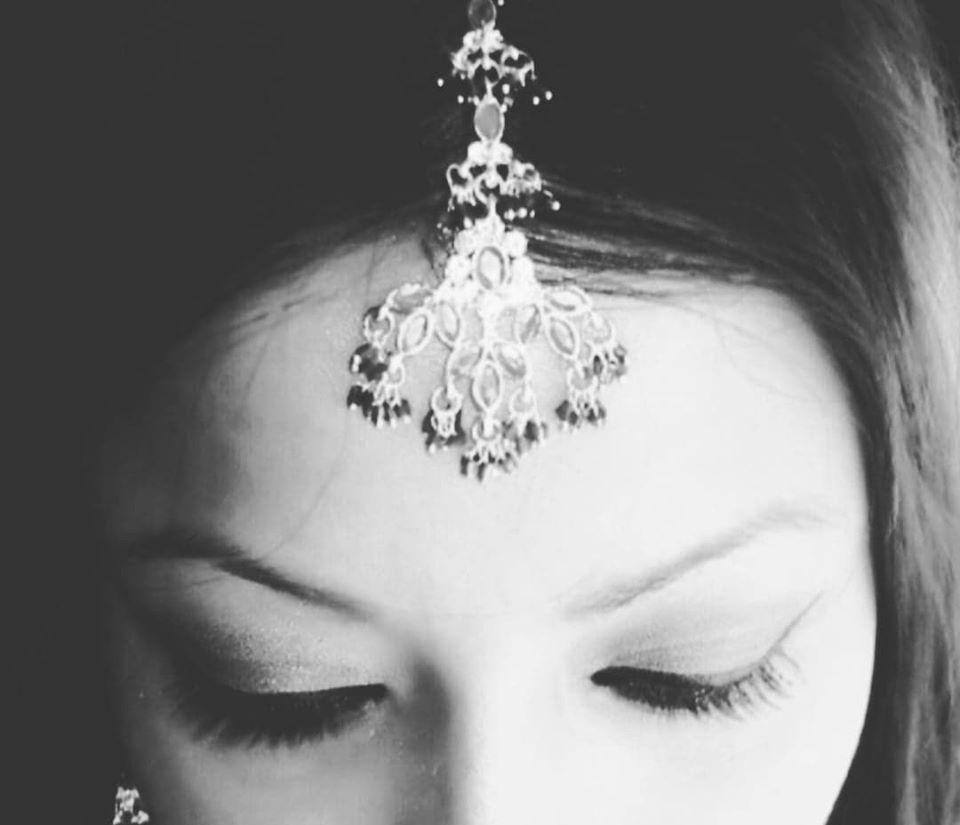neither here nor there: a woman’s identity between cultures

Image: Supplied
The summer before my grandmother passed away, she visited me and my family in Australia. I sat with her one sunny afternoon as she told me about her life growing up in a Bangladeshi village and having an arranged marriage at the age of 12.
I listened as she recounted how her father, my great-grandfather, had wanted to marry her off young to a well-educated man who would be able to take care of her. She explained to me how marriage at such a young age had been the norm for many of the women in her village. It was a similar story for my great-grandmother, who was married when she was 10, and my own mother, who was married at the age of 15. She reflected on how vastly different things were for me and how much the times and attitudes had changed in the space of one generation.
The conversation got me thinking more deeply about how exactly my life was different from the women in my family who came before me. Growing up in Australia as part of a small ethnic community, I didn’t feel disconnected from my cultural heritage. I ate the food, wore the clothes, followed the customs and participated in the cultural festivals and events, but at the same time, I was deeply confused about who I was supposed to be, and what it really meant to be an Australian woman from my background.
The experience of growing up between two different — and sometimes contradictory — cultures with contrasting ideas about women meant that defining a singular identity for myself was a challenge. On the one hand, I felt bound by a cultural checklist from a distant land upon which I had never really lived a day of my life. Hundreds of years of custom, tradition, religious belief and expectation were still being placed upon my shoulders, though somewhat diluted in a landscape vastly different to the women before me. At the same time, I existed in a whole new world of different ideas and influence, educational experience, friendships, media and technology that equally said something about the kind of woman I was supposed to be.
I grew up with the conflicting message that I was both restricted and free, that I had certain cultural obligations to meet, but also the choice to do what I wanted. There were restrictions on the clothes I could put on my body but both the pressure and desire to dress like my friends at school and the celebrities that I saw on TV. I had a predetermined path in life to marry a culturally appropriate husband handpicked from my community, the measure upon which my self-worth and family’s reputation hinged, but also the nagging thought at the back of mind that I was actually free to love who I wanted, when I wanted, and if I wanted. I was expected to be well-educated, high-achieving in my career with an ultimate purpose in life to be a successful homemaker, a paradox not fully confined to either culture, but highlighted through mixed messaging and disparities in both. To be the picture-perfect ideal of the modern woman conquering the concrete jungle and the cooking, cleaning, domestic goddess catering to everybody else’s needs. I learnt nothing more or less than to be both fiercely independent and quietly submissive at the same time; to dream big but to know my place.
Luckily, the template of a woman’s life that had applied to the previous three generations of women in my family is not applicable to the time and place in which I exist. I continue to face the uncharted territory of navigating the challenges of being a woman caught between two colliding worlds, and of discerning an identity between the inconsistencies of who I am supposed to be according to two different, but at times similar, narratives. It’s like having one foot in both worlds, but feeling like you are neither here nor there. You are both the bridge that connects the two, and the tug-of-war rope being pulled at either end.
But there is a deeper beauty to being a culturally diverse woman in Australia. It’s that once you push past the mental battles, you ultimately have the freedom to choose and define for yourself what your values are and the kind of woman you want to be, whilst having a perspective that is unique and entirely your own.
Famida Zana is a recent law graduate, writer and visual artist.


love this !!!!